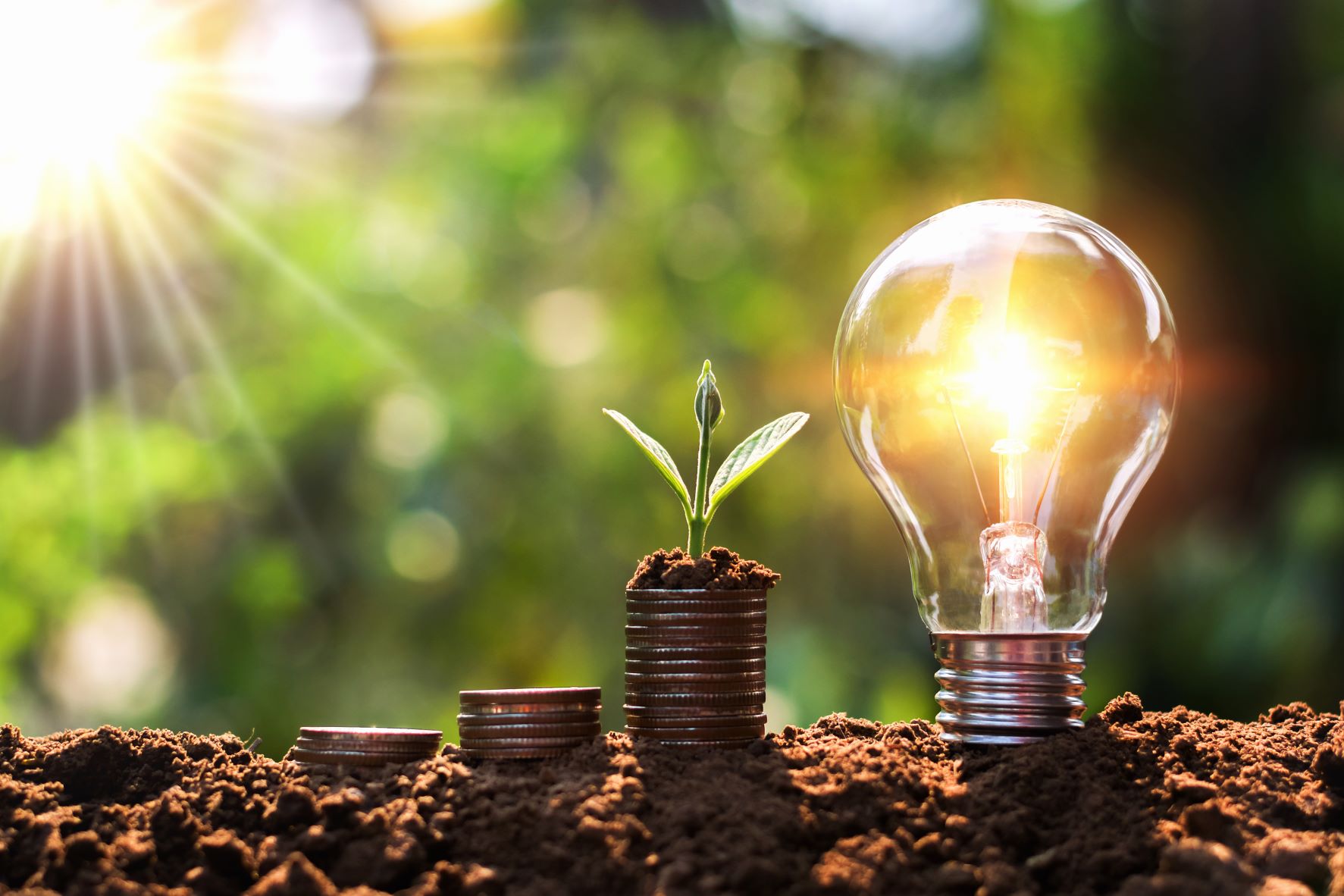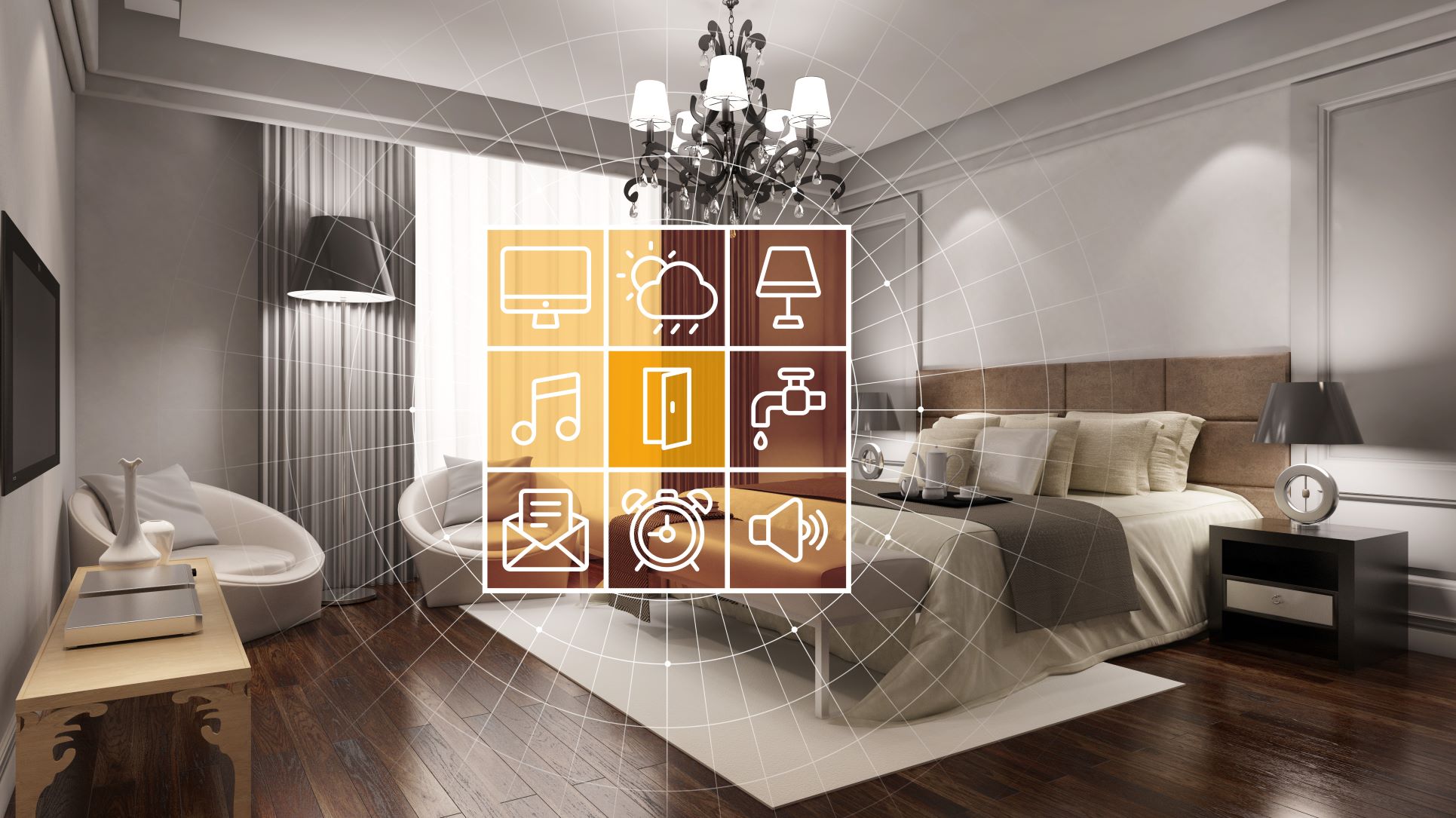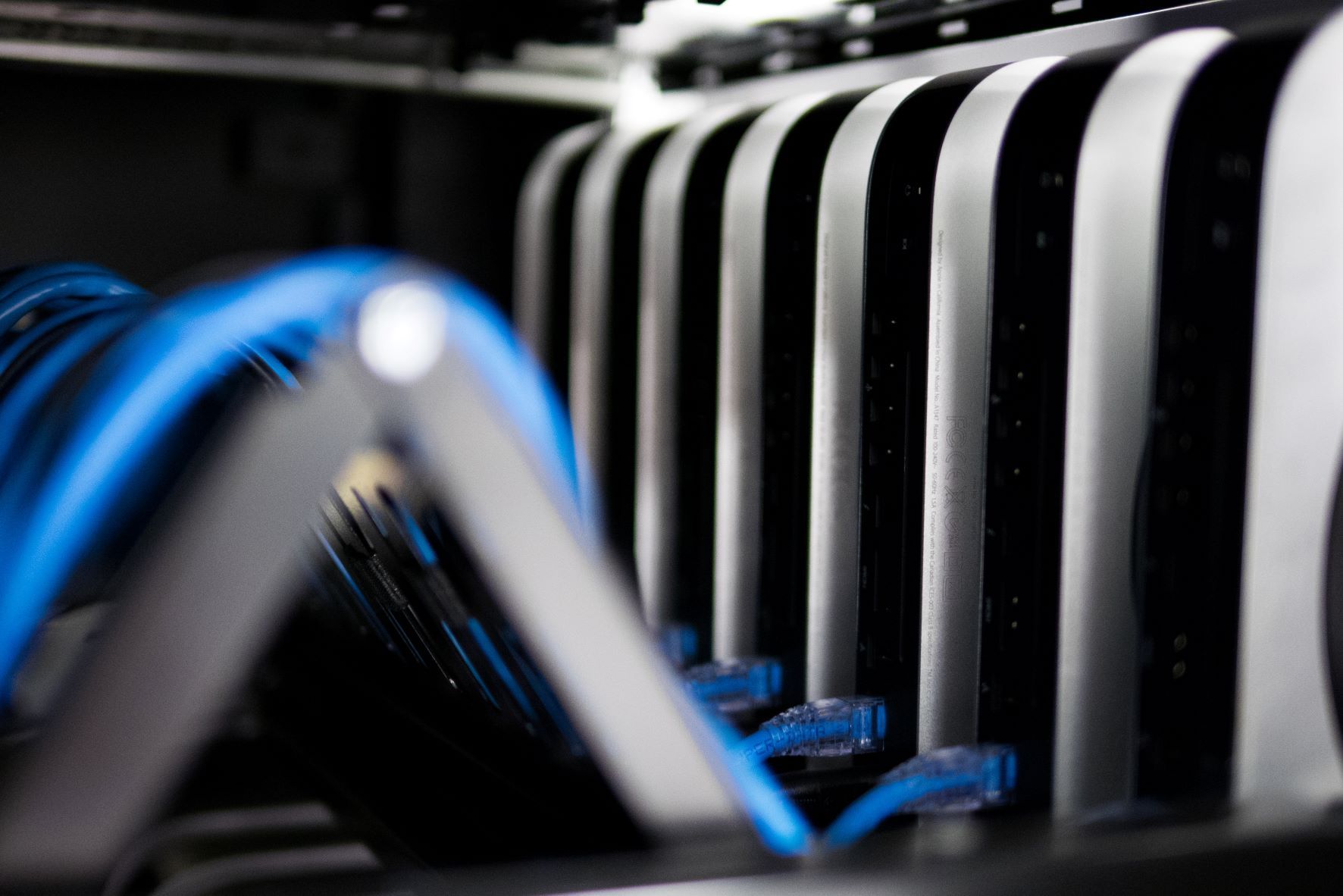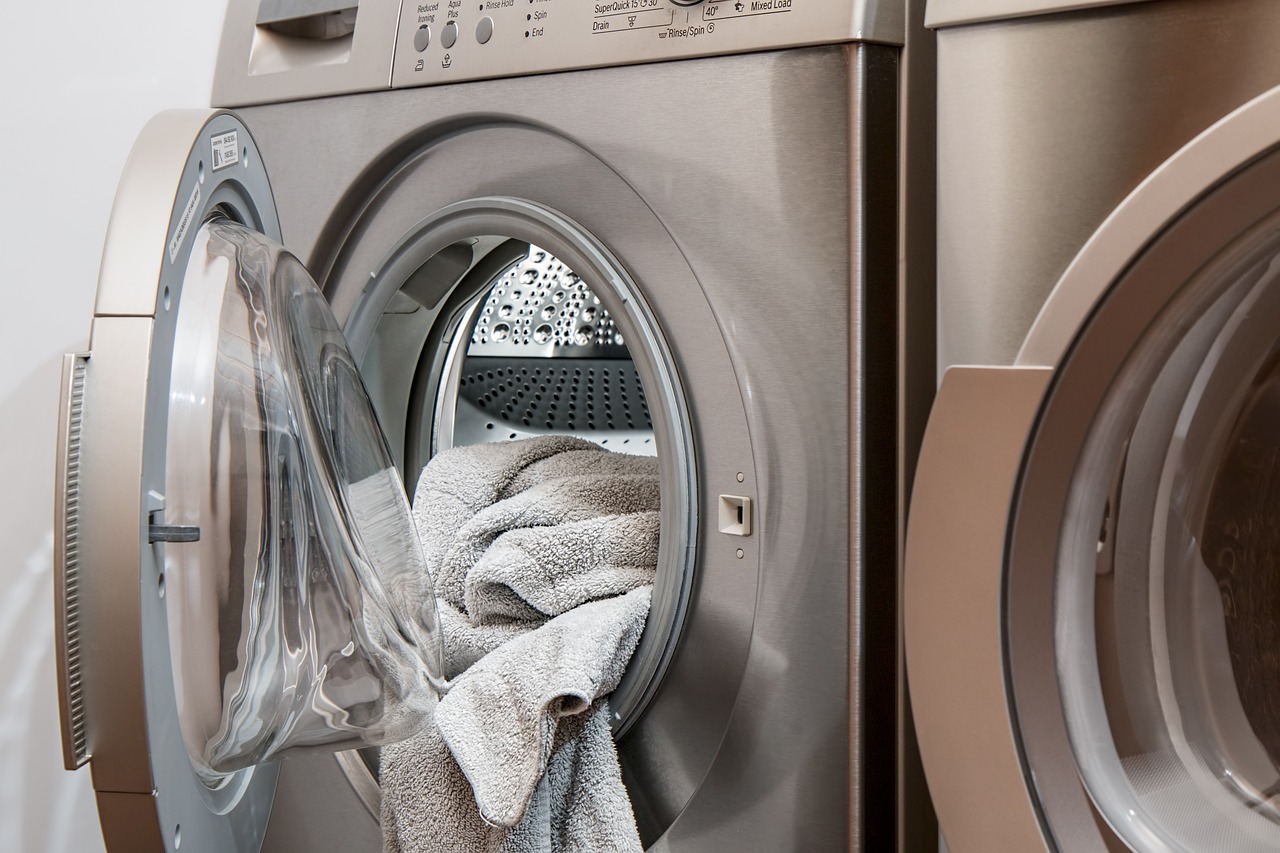Imminent climate crisis, pandemic, war in Ukraine – without denying that the world has always been in a state of flux, one thing can be said for sure: The world we live in is characterized by multiple crises and is in need of consistent actions in all areas of social life. By establishing the European Green Deal, the European Union has already defined the direction and goals that should be strived towards in the coming years and decades: By 2050, the European economy should become the first climate friendly economy worldwide.
According to the Cambridge Institute for Sustainability Leadership, no less than 5 percent of worldwide emissions can be traced back to tourism. It is, however, not only from an environmental point of view, that it is appealing to reduce energy consumption: Due to the military conflict in Ukraine and the necessity to tax fossil fuels as a result of this, electricity, gas and oil are becoming more and more expensive. Travelers have all this in mind and consequently their mindset has changed as well: Sustainability has become a deciding factor for many when looking for accommodation. We will now present how hotels can reduce their energy consumption with these 5 tips:
How to Save Energy in Hotels:
- Switch to LED lighting
A simple yet highly effective measure to save energy in hotels is to install LED lighting. Compared to fluorescent lamps, LED lamps use 90 percent less energy than fluorescent lamps and their power is similar. This way CO2 emissions can be lowered and operating costs for lighting can be reduced.

- Use smart tech for climate control
Installing modern thermostats enables guests to regulate the temperature in their room, based around when they will be occupying the room and when they will not. Moreover, the installation of air source heat pumps may be cost intensive, but it is environmentally friendly and saves considerable amounts of energy. Air source heat pumps conduct heat from the outside to the inside and vice versa, thus providing warmer and colder rooms without depending on fossil fuels.

- Turning off devices and regular maintenance
Not many people are aware of this, and it is often forgotten, but devices that are on standby consume lots of energy. Switching devices off after using them is, however, most of the time only feasible in theory. By opting for sockets with an automatic switch off, it can be made sure that energy only flows when the devices are in use. Should somebody, for example kitchen staff, need to use electricity in the kitchen outside of periods of operation, this can be made possible with sensors.
In order to guarantee the longevity of devices and to ensure further resource and cost savings, it needs to be made sure that the maintenance of devices is carried out regularly. The implementation of digital tools that remind the maintenance team automatically to maintain and check all the devices in the hotel as well as the quick transmission of repair orders are key here.
- Do not overheat water
60 degrees are more than enough to kill off legionella which can cause different kinds of symptoms for humans. It is therefore not necessary to heat water above 60 degrees be it in the kitchen, laundry or guest rooms as this temperature is sufficient. Well-insulated pipes as well as spray faucets can also further reduce heat loss and, therefore, energy loss.

- Involve staff & guests
Inclusion leads to identification – if you decide to include your staff in the implementation of sustainable measures in the hotel, the probability that said measures will be implemented willingly is way higher. In general, guests are also more than willing to make a contribution towards sustainability which is why they should be encouraged to make environmentally friendly decisions: For example, if you let guests decide whether the room cleanings should be carried out or not, many of them will opt for the sustainable choice and decline the room cleaning if there is no need for it. The integration between the Hotel Operation Platform hotelkit and Green Button from Xingular offers a smart solution with which guests can decline room cleanings digitally and transmit this directly to housekeeping.

Conclusion:
It is also important to note that sustainability does not necessarily start off with big changes, it starts with small changes – this statement by the hotel and food service consultant Björn Grimm, whom we met for an interview in November 2022, also reflects our stand. Many small steps can have an important effect and contribute towards conserving the planet’s resources. In this article, we left big investments out on purpose, as all too often we forget about the steps that are fairly easy to implement. If you wish to be energy self-sufficient, we recommend installing solar panels as they deliver green energy even in places where the sun is not visible year-round, reduce costs notably, and they can also be used as a source of revenue. This is because many utilities increasingly permit selling the surplus in energy back into the grid.
By the way, our collaboration platform hotelkit also helps to conserve energy in hotels: It stores all the necessary information regarding the implementation of sustainable measures in the digital handbook, makes processes more efficient and enables the whole team to share ideas about sustainability. Find out more here!

About the author
Michael Santner
Narratives about impoverished poets during his studies encouraged him to follow his passion in a secure job. In hotelkits marketing he takes care of packing the numerous ideas of his colleagues into exciting stories.
Sources:
https://unescosustainable.travel/de/moeglichkeiten-energie-sparen










